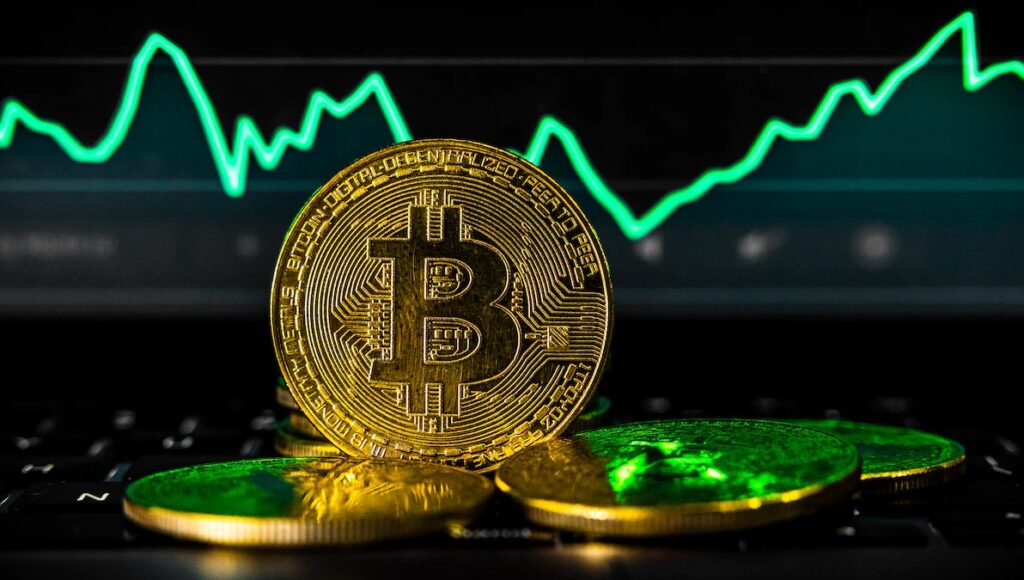In recent developments within the cryptocurrency world, a series of Bitcoin transfers originating from government-linked wallets in Bhutan has piqued the interest of crypto enthusiasts globally. This intriguing situation provides a fascinating glimpse into how different nations manage and maneuver their digital asset holdings in an ever-evolving financial landscape. As countries increasingly explore and strategically engage with cryptocurrencies, these actions by the Bhutanese government underscore the diverse approaches toward crypto adoption and utilization on a national level.
Understanding Bhutan’s Strategic Bitcoin Movements
Government Wallets Transfer Significant Bitcoin Holdings
Blockchain analytics from Arkham reveals that Bhutan’s government, through its commercial entity Druk Holdings, has transferred a substantial amount of Bitcoin. On April 2, two government-associated wallets moved a combined total of 419.5 Bitcoins, valued at around $34.51 million, to an address referred to as “bc1qn6”. One primary wallet contributed 377.8 BTC, equivalent to $32.11 million, while a secondary wallet added 41.7 BTC, totaling $3.5 million.
Bhutan’s Considerable Bitcoin Holdings
Though Bhutan has been strategically selling portions of its Bitcoin, the nation’s holdings remain substantial. According to Bitcoin Treasuries, Bhutan possesses 13,029 BTC, valued at approximately $1,061,269,247, positioning it as the fourth-largest Bitcoin holder among countries, trailing behind El Salvador. This level of investment reflects the intricate balance between leveraging existing assets and participating actively in the global crypto economy.
Crypto Mining and Economic Impact
Bhutan’s unique approach involves tapping into its abundant hydroelectric resources to mine Bitcoin, effectively integrating renewable energy with modern financial technologies. This strategy has enabled the country to acquire a substantial stockpile of cryptocurrency, equating to nearly 31% of its GDP, thus significantly impacting its national economy.
Market Reaction to Bhutan’s Bitcoin Transfers
Interestingly, Bitcoin’s market price has remained relatively stable despite Bhutan’s recent Bitcoin transfers. The price recovered modestly from $81,014 to $82,005 in a day, reflecting a 2.5% increase. At the time of this analysis, Bitcoin was trading at $82,401, marking a slight 1% rise over the previous 24 hours. This trend suggests resilience in the market and a potential continuation of the positive streak not witnessed since January.
Bhutan’s strategic Bitcoin operations come at a time when other nations, such as the United States, are also exploring cryptocurrency assets. The U.S. government, led by a recent executive order from President Donald Trump, is aiming to establish a national Bitcoin reserve, highlighting the growing importance of digital currencies on the global stage.
FAQs on Bhutan’s Cryptocurrency Strategy
How does Bhutan’s Bitcoin holding affect its national economy?
Bhutan’s sizable Bitcoin holdings, equating to about 31% of its GDP, underscore the country’s commitment to integrating digital currencies into its financial framework. The revenue from Bitcoin sales bolsters economic stability and supports various governmental initiatives.
What is the significance of Bhutan mining Bitcoin using hydroelectric power?
By utilizing hydroelectric power, Bhutan efficiently harnesses its renewable energy resources to mine Bitcoin, reducing environmental impact and operational costs, while maximizing the profitability of its digital asset ventures.
How do Bhutan’s Bitcoin transactions impact global cryptocurrency markets?
Despite the transfer of large quantities of Bitcoin by Bhutan, the global cryptocurrency market has shown remarkable resilience, maintaining price stability and reflecting investor confidence in the crypto sector’s future.
Is Bhutan’s approach to cryptocurrency unique among nations?
Bhutan’s strategy, leveraging natural resources for sustainable Bitcoin mining, is relatively unique, setting an example for other countries seeking innovative methods to engage with cryptocurrencies amidst growing environmental concerns.

